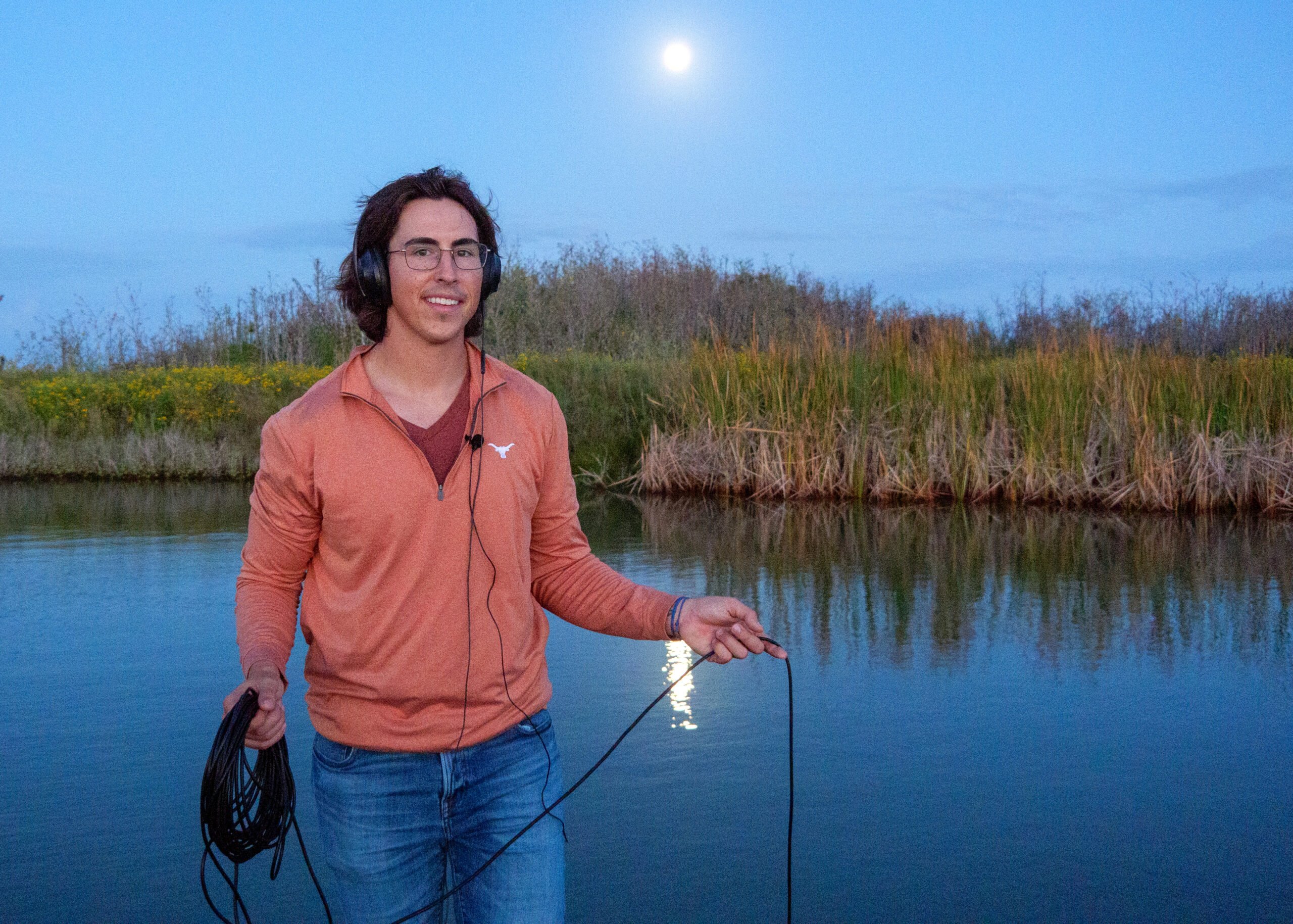The Fate of The Daily Texan And What It May Mean to Future Journalists

A version of this story ran in the June 2013 issue.
If you live anywhere but the University of Texas’ Austin campus, you might not care a whit about the fate and future of The Daily Texan, the university’s struggling, 113-year-old, student-run newspaper.
But you should, if only because it has been a wellspring for some of the best progressive journalists in American history. Before they went on to create or lead The Texas Observer, for instance, student editors Ronnie Dugger, Kaye Northcott and Willie Morris used The Daily Texan’s pages to blister the university over segregation, waste, and the school’s cozy relationship with Big Oil.
Once, when the university squelched a Morris editorial attacking the state’s natural gas titans, Morris famously left the editorial page blank.
It was that kind of heroic stand that drew scores of idealistic young people to the paper and to the profession. Old-guard legends like Bill Moyers started at The Daily Texan. So did new-guarders like Leah Finnegan, who helps assign and edit pieces on the op-ed page of The New York Times.
Even heavy-hitting political insider Mark McKinnon once served as the paper’s editor, and found himself jailed over a First Amendment squabble. Years after that crusade, he abandoned his progressive politics and became the media mastermind behind George W. Bush’s presidential campaigns.
The Texan’s influence is almost impossible to quantify. The paper has produced hundreds of journalists, some good, some bad, and some who have gone on to take the reins at prominent media, lobbying and consulting outlets. (Morris went on to Harper’s, where he published some of the finest American writers of the 20th century.) By dint of sheer longevity and size, the paper has helped define the landscape of American media.
But most of all, The Daily Texan has always been the best prism through which to view the massive Austin campus. Student editors and reporters hone their chops on a university bigger than many towns—an always-evolving beat that the understaffed Austin American-Statesman increasingly can’t cover.
But now there’s a chance that the largest university publication in the nation, the one that claims to have garnered more journalism awards than any other student newspaper in America, might simply disappear.
“Advertising, which makes up the bulk of The Daily Texan’s revenue, is declining at an alarming rate, and expenses haven’t fallen quickly enough. That’s the heart of it,” says Robert Quigley, a UT journalism professor who works with the Texas Student Media Board, which helps administer the paper.
The paper has been under the gun all year, facing proposals that would have knocked the five-days-a-week publication schedule to four days. Instead, the paper’s board voted to maintain the print schedule but to cut tuition reimbursements for some student managers.
In March, students learned that the paper’s veteran “professional adviser”—Doug Warren, a highly skilled fixture who spent a combined several decades at The Miami Herald and The Boston Globe—is resigning his position effective in June. For years, Warren has been the unsung spirit guide of The Daily Texan, letting the students run their own shop but autopsying every journalistic faux pas along the way.
There are going to be plenty of Texans who simply don’t care about these changes. But they should, even if they never went to UT. Here’s one reason why: over the last few years, Texan staffers (particularly Collin Eaton and Jordan Rudner) have done the best work in the state investigating the often-controversial University of Texas Investment Management Company, the nonprofit corporation that oversees the UT system’s investments. In January, the Texan broke a story revealing that even as UT-Austin banned smoking on campus, it continues to profit from investments in several tobacco companies.
Here’s another reason to care: “The Texan remains a powerful voice for the students, and it’s clear that the university’s administration reads and responds to the articles and editorials,” says Quigley. “You just have to look at the Texan’s coverage of the UT System’s Board of Regents to see that it still strongly serves a watchdog role.”
Watchdogging is a skill, and the Texan has always been a place where student journalists learn by doing. Now more than ever that opportunity needs protecting. Not just to preserve history, or tradition, but to give our next generation of watchdogs teeth sharp enough for the job.


